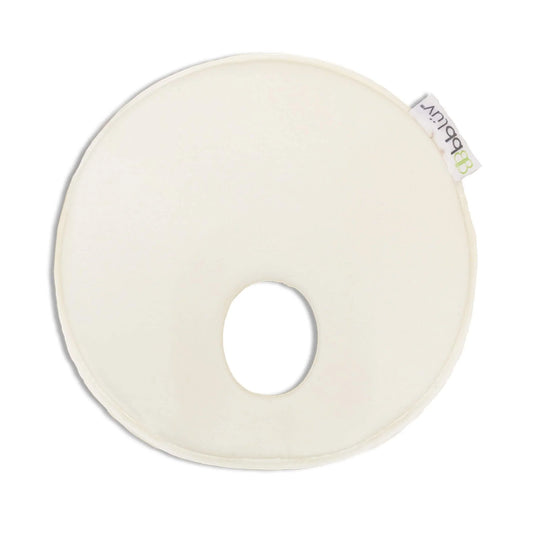3 options to deal with the time change without affecting your little one's sleep
To switch to daylight saving time, you have to move the clock forward by 60 minutes, and although this means enjoying longer and warmer days, it can cause some sleep disturbances for your baby. To find out how to cope with this time change without disrupting your little one's routine, we have prepared three options for you.
Option 1: You don't make any changes
You simply accept and stick with this new daylight saving time, meaning you don't make any changes to your child's sleep routine. Then, let your little one wake up at the usual time, which will naturally be one hour later on the clock .
So, if you usually put your baby to bed at 7pm and wake him up at 6am, after the time change, you can put your little one to sleep at 8pm so that he wakes up at 7am . It's that simple!
Option 2: Adjust the schedule gradually
If the first option doesn't work for you and your family because you think your little one already goes to bed too late, try to adjust to the new schedule gradually.
A few days before, ideally a week before, the time change, move your baby's bedtime 10 minutes earlier each night and wake him up 10 minutes earlier than usual in the morning until you get the schedule right.
3. You adapt that same weekend
If you don't want to apply either of the first two options, you can always adjust the time that same weekend. Usually, the time change takes place on a Saturday at midnight, so on Sunday morning wake your little one up 30 minutes earlier than the usual time.
If you're using sleep windows to determine nap times, keep them the same during the day, but make sure bedtime at night is 30 minutes earlier . If you've set regular daytime sleep times, however, put your baby to bed 30 minutes earlier for all naps.
Regardless of which option you choose, keep these 3 important tips in mind:
- Maintain a consistent bedtime routine for your baby.
- Your little one will likely need time to adjust to the time change and will do so at his own pace . Remember that his sensitivity is unique and does not work like a clock.
- Make use of daylight and darkness . During your baby's waking hours, expose him to daylight and dim the lights at night.
Keep in mind that every baby is different. Some will have no problem adjusting their sleep to the time change and will do it naturally on their own. Others, however, will find it a bit more difficult to adjust their internal clock.
The good news is that if your little one is an early riser , adjusting his sleep routine an hour later will likely solve the problem . If he used to wake up at 6 a.m., he'll now wake up at 7 a.m. Much better, right?









